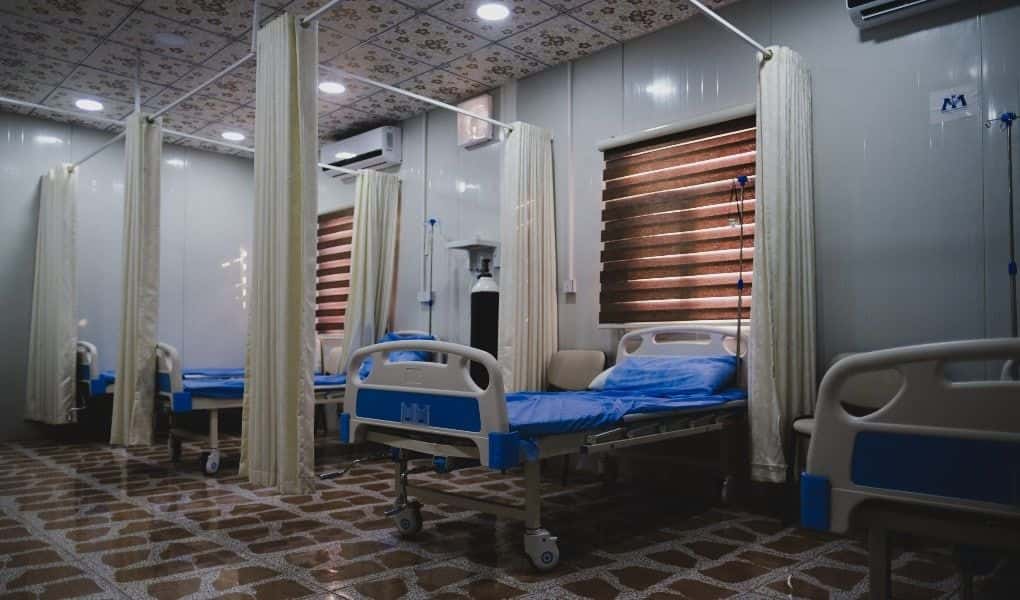Court: United States District Court for the District of WyomingJurisdiction: FederalCase Name: Bindl v. Evanston Hosp. Corp.Citation: 2015 U.S. Dist. LEXIS 192769
The defendant retained a hospitalist expert to opine that there was no failure in maintaining the proper standard of care. The plaintiff wanted the court to exclude the parts of the expert’s testimony focusing on the causation.
Facts
The plaintiff filed this suit against the defendant after the death of his father while under the defendant’s care. The deceased had arrived at the defendant hospital’s emergency room with complaints. The complaints included weight loss, jaundice, alcohol dependency, loss of appetite, nausea, and vomiting. The plaintiff alleged the deceased died due to the defendant’s failure in keeping up with the standards of care. The alleged failure occurred when the deceased sustained a head injury upon falling while under the defendant’s care. The defendant retained a hospitalist expert witness to testify on its behalf. The expert then opined that there was no failure in maintaining the proper standard of care on the defendant’s part. The plaintiff sought to exclude the parts of the hospitalist expert’s testimony. The parts the plaintiff sought to exclude addressed the question of causation of the death of the deceased.
The Defendant’s Hospitalist Expert
The hospitalist expert worked as a Clinical Assistant Professor of Medicine at a university. He obtained his medical degree in 1999 and completed his internal medicine residency in 2002. He then began his career as a full-time hospitalist at a university’s medical center. At the same medical center, he was a member of the center’s general medicine hospitalist program. Additionally, he taught within the program as an assistant professor. In his line of work, he cared for inpatients at the medical centers and hospitals associated with the university. He specialized as a hospitalist and constantly seeked to improve the quality of care for patients.
The expert’s other academic interests related to researching and educating on the issue of inpatient diabetes care and anticoagulation management. He has served as a principal investigator in three trials and as a co-investigator in a further six. In addition, he has won multiple university, city, and state level awards for his contributions to medical science as a hospitalist.
Discussion
The expert had been designated to only testify about the attending doctor’s actions and whether it satisfied the basic standards of duty of care. However, the court noted that “[t]he difficulty [arose] because [the hospitalist expert’s] designation also listed opinions regarding [the deceased’s] cause of death and criticisms of the findings and opinions of medical experts regarding causation.”
The court further observed that “the issues regarding standard of care and that of death causation are not so intertwined that an expert cannot limit his testimony.” Thus, the court observed that the hospitalist expert’s opinion should only be regarding the doctor’s compliance with the standard duty of care in his medical treatment of the deceased before the latter’s death. The court was of the opinion that this opinion should be independent of opinions on causation.
Ruling
The court granted the plaintiff’s motion to exclude parts of the hospitalist expert witness’s testimony that were regarding the causation of the deceased’s death.
Key Takeaways for Experts
When opining on medical cases, it’s important to focus your testimony on what you can speak on. In this case, the expert was only supposed to testify on whether the doctor’s actions fell within the standards of duty of care. However, the hospitalist expert also opined on the cause of the deceased’s death. Experts should rely on their experience and education when forming opinions and testify to what they can opine on.
About the author
Wendy Ketner, M.D.
Dr. Wendy Ketner is a distinguished medical professional with a comprehensive background in surgery and medical research. Currently serving as the Senior Vice President of Medical Affairs at the Expert Institute, she plays a pivotal role in overseeing the organization's most important client relationships. Dr. Ketner's extensive surgical training was completed at Mount Sinai Beth Israel, where she gained hands-on experience in various general surgery procedures, including hernia repairs, cholecystectomies, appendectomies, mastectomies for breast cancer, breast reconstruction, surgical oncology, vascular surgery, and colorectal surgery. She also provided care in the surgical intensive care unit.
Her research interests have focused on post-mastectomy reconstruction and the surgical treatment of gastric cancer, including co-authoring a textbook chapter on the subject. Additionally, she has contributed to research on the percutaneous delivery of stem cells following myocardial infarction.
Dr. Ketner's educational background includes a Bachelor's degree from Yale University in Latin American Studies and a Doctor of Medicine (M.D.) from SUNY Downstate College of Medicine. Moreover, she is a member of the Board of Advisors for Opollo Technologies, a fintech healthcare AI company, contributing her medical expertise to enhance healthcare technology solutions. Her role at Expert Institute involves leveraging her medical knowledge to provide insights into legal cases, underscoring her unique blend of medical and legal acumen.



